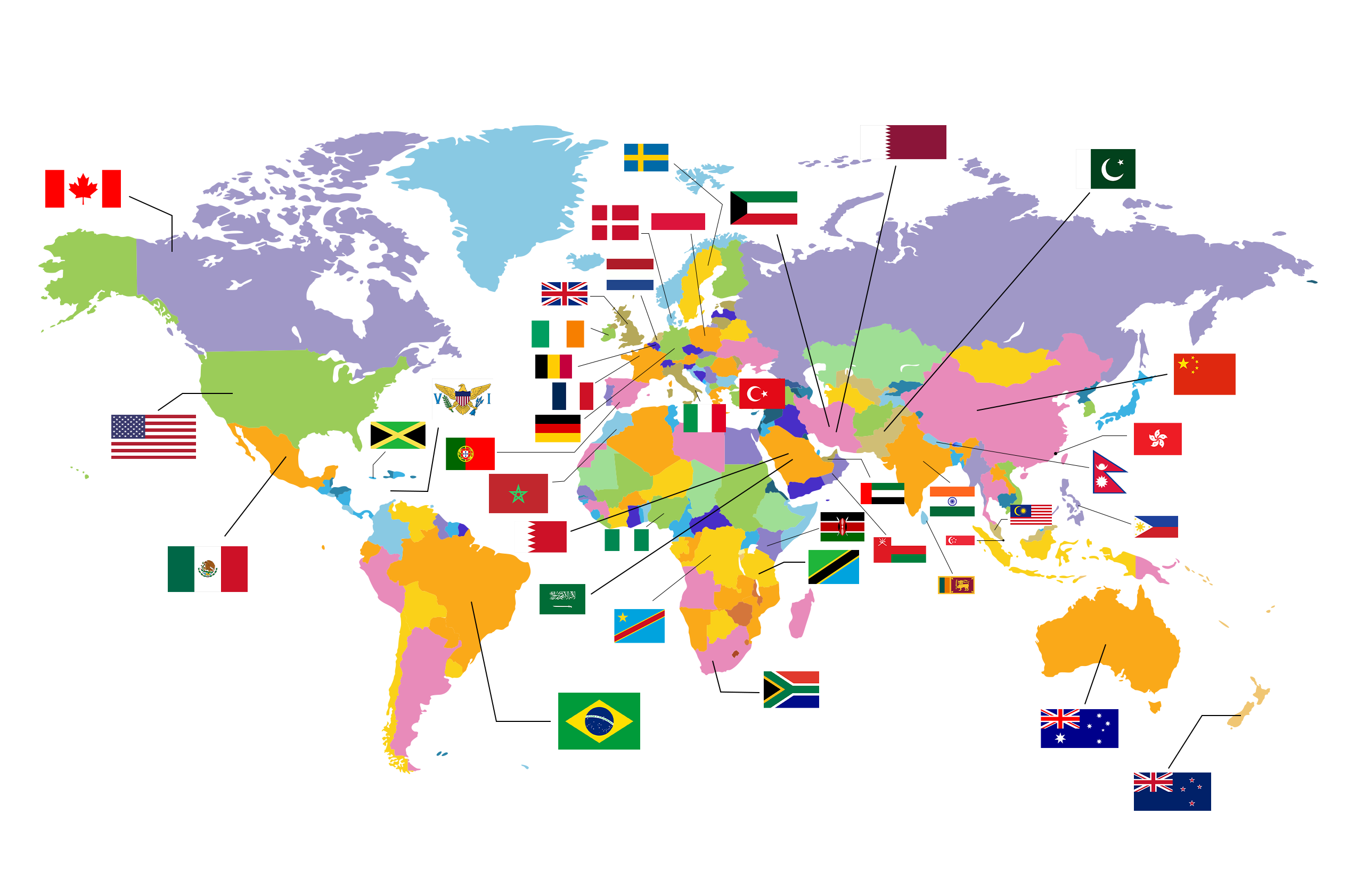Ramadan is the month of fasting, 30 days of fasting from dawn to dusk. Fasting is considered one amongst the five pillars in Islam. Why do I need to be conscious when it comes to food especially during Ramadan? The answer is, “Eat and drink, but be not excessive. Indeed, He does not like those who commit excess.” [Sûrah al-A`râf: 31]. Allah mentions in the Quran that excess eating is prohibited. The key is moderation.
This article will help you understand how your body reacts to fasting and how you can make your Ramadan healthy.
Changes that occur in your body when you fast
Body uses glucose primarily for energy. Once glucose stores in the body are depleted, body uses fat as a source of energy. And once fat stores are depleted body uses protein as a source but this happens when a person fasts for days or weeks. Initially during the fast, body uses glucose which is also stored in liver, as the liver stores are depleted, body gradually shifts its energy source to fats, this prevents muscle breakdown as the Ramadan fast lasts only from dawn to dusk. This not only helps in weight loss but it also helps in lowering cholesterol levels ONLY IF fasting is done in a healthy manner.
Foods to be considered during Suhoor
Though some people prefer sleeping over eating suhoor/sehri (morning breakfast). It is extremely important for those who are fasting to have a proper suhoor. This will give energy to the body and prevent body from fatigue. Good amount of carbohydrates and proteins is needed for suhoor.
Example- A glass of Milk on waking up + Oats porridge/ Egg white Omelet + Bread or chapati’s. . Adding 2 egg whites for suhoor will add to the overall protein content of the meal.
Drinking adequate water during suhoor, but make sure you don’t compromise on your meal.
Foods to be considered during Iftar-
Now majority of the people go wrong here. Instead of having healthy food, they prefer fried foods. Though one can eat once a week, but do not make it a habit of eating fried foods for Iftar everyday. This only adds on to the calories. You should be more focused on providing your body with healthy foods that will not only help you manage your weight but also prevent you from getting fat.
Healthy options for Iftar includes- Eating fresh fruits/ Soups/ Haleem/ Sandwich/ Baked foods like Chicken or kebabs instead of pakora’s bhajia’s etc/ Ragda/ Boiled masala Chana/ Moong dal Pancakes/ Chicken Noodles or Pasta/ Fruit Custard etc.
Overeating and too much of fried foods can cause heartburn/acidity; eating low fiber foods for iftar can lead to constipation. Hence make a point to start off your iftar with fruits first and fill half of your stomach with fruits so that you can avoid overeating of unhealthy foods
Remember using the same oil for frying again and again can put you in serious health problems, as undesirable products are formed during frying of the same oil again. Hence use less oil so that you don’t have to use the oil again.
Drink adequate water after iftar to prevent your body from dehydration.
It is important to fast healthy. A Diet Programs comprising all the food groups will keep a person healthy and active during Ramadan. Your diet should not be a lavish one, but a little modification and focusing on healthy meals and avoiding deep fried foods and foods high in sugar will help you stay fit during Ramadan. Remember you have to fast and not feast!
Ramadan Mubarak! Make the most of it!


